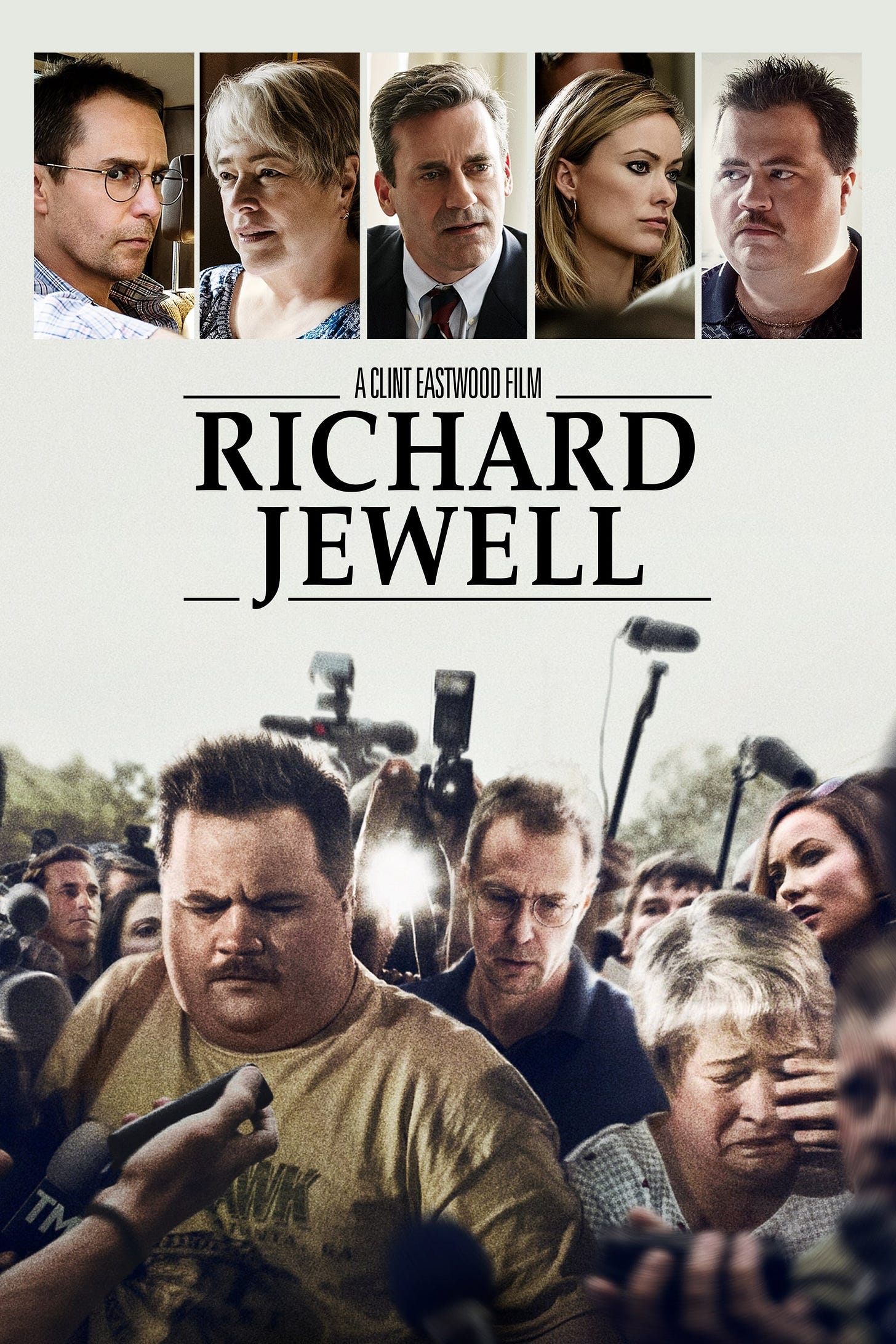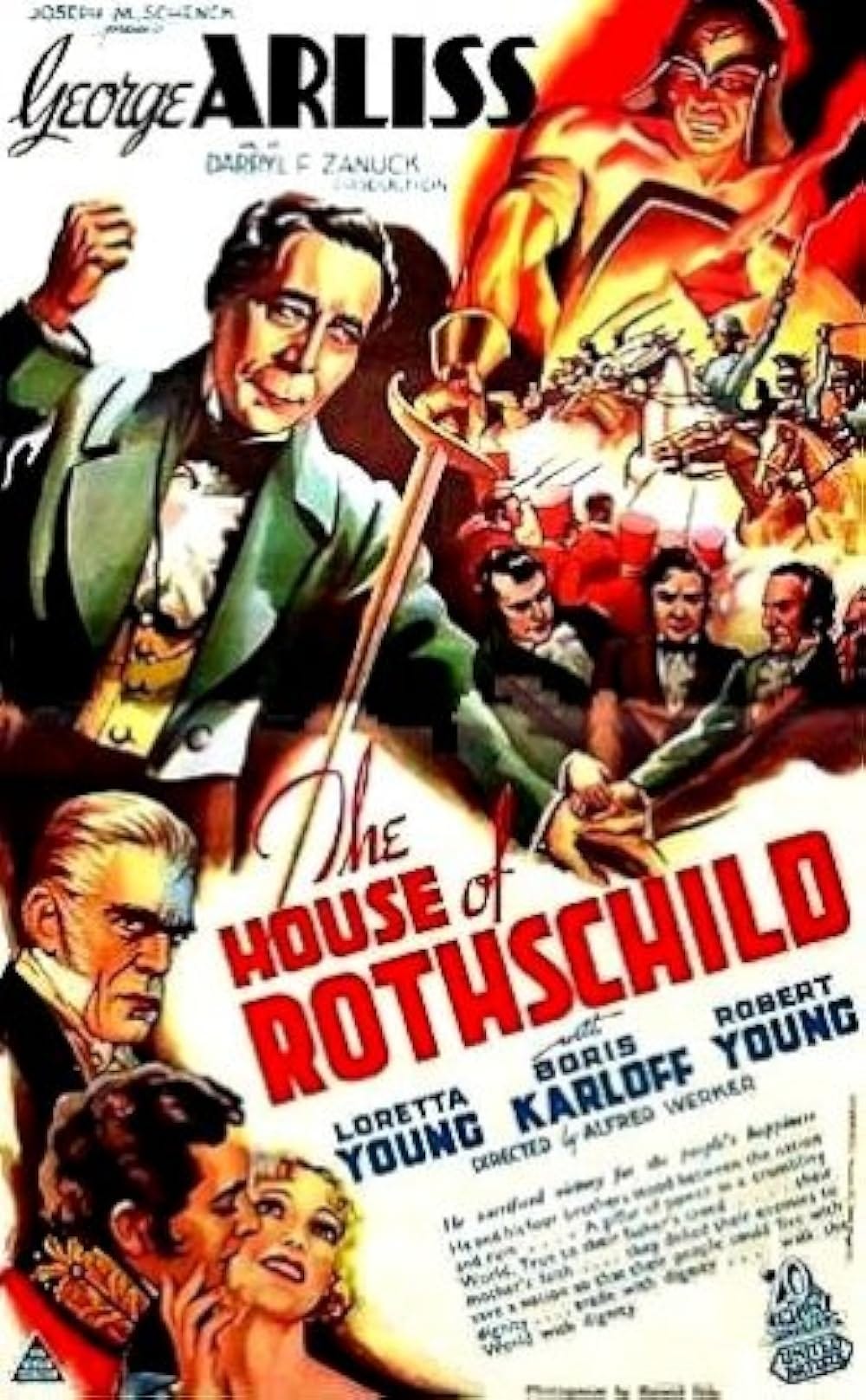This is a follow-up post with more film recommendations.
I previously wrote a post on dissident films which received a lot of interest and feedback, which I appreciate. Given it’s nice to change up one’s posting topics (such as my post on ABBA), here’s a follow-up with some additional recommendations. Hopefully it may add positive color and perspective to one’s views if you decide to see some of them.
There are varying definitions of what a “dissident film” constitutes. My use of the term is as follows: the film’s message in some way offers support for self-governance, either as a tribe or nation, and it doesn’t promote the cult of egalitarianism. I'm also interested in those who are able to avoid the pressures of groupthink and follow one’s inner voice. You may have a different definition of what a “dissident film” means and that’s okay.
Within the comments of Part 1 there were a lot of recommendations for other films to watch and I’ve gone out and watched many of them, some of which I’m including on the below list. Of course, I did receive some pushback on some of the choices on the prior list:
thought Barry Lyndon was about the wandering Jew, thought District 9 was about supporting immigration instead of opposing it, absolutely hated my Eyes Wide Shut recommendation, and thought that Fight Club was predictive programming to associate white people with terrorism in the eyes of the public. I’ll be the first to acknowledge that most of the films on the list can be viewed from multiple perspectives; without that multiple layering, in a rigidly ideological far-leftist Hollywood echo chamber it’s likely those films would not have been made. In other words, ambiguous meaning is really the best one can hope for in this environment. I’ll give my rationale for why I thought a film has dissident themes and then, where applicable, I’ll offer a counter for why aspects of the film may run counter to that narrative. I think that will strengthen the post.It goes without saying that I’m not an authority on this - make up your own mind and feel free to disagree. For those films that were recommended but that don’t make the list, it doesn’t mean I didn’t like the film or didn’t get anything out of it. I do appreciate the recommendations, and even if I didn’t like a film I usually learn something from it anyway. So thank you.
The list
Falling Down (1993), trailer here. Michael Douglass stars as a laid off, disgruntled defense industry employee who has snapped due to the pressures of modern society. He goes around Los Angeles committing assault, robbery, and murder as he tries to visit his daughter for her birthday. The themes present are the rapid pace of changing society, the decreasing status of white men, difficulties in race relations, poverty and crime, and it empathizes from a distance with Douglass’s character. It’s interesting to see how far society has fallen - Douglass starred in this pitch-black film at the peak of his career, whereas everything today is so sanitary and false-noted. The film could not be made today.
Kirk Douglas publicly declared: "Michael's character is not the 'hero' or 'newest urban icon'. He is the villain and the victim. Of course, we see many elements of our society that contributed to his madness. We even pity him. But the movie never condones his actions." The “villain and the victim” components are key — a film achieves a deeper level when its characters and themes embody opposite characteristics, and it’s achieved here.
Counter to why it’s not a dissident film: Some see the film as demoralization or predictive programming about the inevitable phase-out of white men from society.
Richard Jewell (2019), trailer here. Directed by Clint Eastwood, the film tells the story of the eponymous security guard who saved lives during the 1996 Centennial Park bombing when he saw a suspicious backpack and evacuated people from the area. The FBI tried hard to frame Jewell as the bomber as he was obese, poor, and a white male - an easy target. Eventually he was exonerated but his reputation was in tatters even though he was a hero. It shows the FBI as a clearly manipulative, predatory organization.
Counter to why it’s not a dissident film: One could argue that the FBI was just doing it’s job in following every possible lead, but the investigation on Jewell was based on no underlying evidence, so this is a pretty flimsy counter.
Brazil (1985), trailer here. Many recommended this as a dissident film and they are correct, although I thought the film was poorly edited (perhaps intentionally) and hard to watch. The movie mixes Orwell’s 1984 with Kafka - an omnipresent surveillance state mired in bureaucracy, inefficiencies and bloodthirstiness. It’s best scenes are those that deal with the maddening nature of paper pushing which can reach a kind of black gallows humor at times; the state captures and destroys the wrong man, then tries to force the man’s sobbing widow to accept a returned check for the mistake. A focus on the banality of evil, on one’s silo’d, myopic job disclaiming personal responsibility because one only sees, hears, and effects one sliver of the overall process - can one really be responsible for a terrible deed if one neither initiated the targeting nor carried out the ultimate act? The dehumanizing effects of technology; humanity reduced to a cog in the machine. The film kind of falls off the rails toward the end and the romance does not work at all. The title was a poorly chosen one, as nothing about the picture deals with the country of Brazil.
Counter to why it’s not a dissident film: Just like in 1984 the state wins. Might it be predictive programming?
The House of Rothschild (1934), full movie here, video review here. The movie is a propaganda piece painting the Rothschild clan in the best possible light (and nominated for the Academy Award for Best Picture), playing fast and loose with the underlying history and facts, but the way the film would be seen today is very different than how it was received by audiences at the time. It is ultimately a great dissident film because it highlights the questions: Why did this outsider family have the greatest wealth in Europe, why did this single family have the power to make or break sides during war, and how does their interests differ from majority society? The ending of the film where Nathan Rothschild bets the farm on England defeating Napoleon is a ridiculous lie, of course: the Rothschild clan bet on both sides of the war and pretended that Napoleon won at Waterloo (because they received information sooner than anyone else) in order to scoop up English bonds for pennies on the dollar in the ensuring panic, becoming the richest family in Europe as a result.
Counter to why it’s not a dissident film: The film can be viewed as the Rothschilds defending themselves against an irrational majority hatred of the Other, and it plays quite fast and loose with history to paint them in the best possible light.
Nicholas and Alexandra (1971), trailer here. This is not quite a dissident film — it transcends such categorizations, showing the end of a dynasty which was unable to keep up with the technical “progress” or the moral depravity of its neighbors — but it shows the nobility of the Romanovs and the difficult choices the last Tsar faced. I offered a detailed review here. This is a 10/10 movie and is a must watch.
Africa Addio (1966), full movie below. It’s a really special documentary; the filmmakers raced around Africa in a gonzo style as colonialism was ending and documented the complete chaos and destruction that the European withdrawal left in its wake, including huge massacres and destruction of wildlife. The filmmakers were almost murdered during filming; you would never see anything like this made today. It shows a side of Africa and the end of colonialism that you will have never seen or heard elsewhere. If you have the time, I give it my highest recommendation (but brace yourself for some extreme horrors).
Waco (miniseries, 2018), trailer here. The miniseries attempts a balanced approach to the Waco siege, showing the perspectives of the ATF, FBI, the FBI negotiator and the various Branch Davidians. However, the weight of the evidence is so heavily stacked against the ATF and the FBI that one cannot but help but come away from the experience — which is well directed and well cast — with the understanding that there is something extremely foul in our governing institutions. The series received mixed reviews because some globohomo reviewers thought it was too favorable to the Davidians. I was quite surprised that this miniseries was shown on Netflix, hub of the most virulent globohomo slop propaganda on the small screen. There was also a 2023 follow-up series, not quite as good, which explored the criminal trials of the surviving Davidians.
A tier below
Films that didn’t quite make the list include:
Soylent Green (1973). A critique of overpopulation with humanity having consumed, in a neo-Malthusian fashion, most of the world’s natural resources and so people are converted to protein for consumption; these are dissident themes, but it felt like most of the film was a standard police procedural. The death scene with G. Edward Robinson was touching, the best scene of the movie and it was the last film he made before dying of cancer two months later. It was funny how the film focused on the overpopulation problem but everyone featured in the film was white, although in the modern era the white population is totally stagnant and the overpopulation is due almost exclusively to Africa and Asia.
The International (2009). It had two dissident-adjacent scenes - one explaining that banks finance wars in order to rule nations via controlling it’s debt, and the other explaining how criminal banking organizations will not be taken down by law enforcement because those crimes are endemic and system-wide - but the rest of the film was a pretty average detective story. A more detailed review is here.
The themes of the film revolve around collapse and chaos surrounding it, but it’s also a pro-immigration film to an extent which means it is not a dissident film— but it’s hard to separate the politics applicable to today versus the politics of a post-collapse order. The film has excellent cinematography and direction.
Zardoz (1974). One could read dissident themes into it - a barbarian destroying a safe space of rich, indulgent people and destroying their false God, and by highlighting that there's no human meaning without suffering and death - but the film was too art-house, self-indulgent, and eccentric/eclectic to qualify on this basis (to me). A bit more detailed review is here.
Rollerball (1975). This film gets close to dissident status because the main character, the top leader of the rollerball game for a decade, turns down the elite’s demand that he retire in great comfort and luxury. The main character had three reasons: because he’s mad that they took away the girl he loved, because he wants to know the reason why they were pressuring him (which they didn’t want to tell him), and because he loved the sport and it’s what he really cared about. Being angry at being coerced is a strong mark toward dissidence even if the rational factors lead normal people to cave and give in. I think the missing element which kept this from the main list is that the main character did not believe in ideals greater than the game or of himself and therefore his obsession with knowing why was ultimately meaningless. A bit more detailed review is here.
disagrees with my interpretation.Doctor Zhivago (1965), trailer here. I did a Notes writeup a couple months ago about this film, or at least a draft of it, but can’t find it currently. The core theme of the film is trying to retain one’s humanity - to stay true to oneself - even in light of massive political and cultural pressures and the dangers involved, which speaks to themes of individuation and Junger’s anarch, covered here. The heart attack ending was stupid.
Didn’t make the list
Other films watched for this post that didn’t really qualify include: Cool Hand Luke (it’s more of an anarchist film, discussed here), Logan’s Run (too sci-fi/fantasy oriented so it didn’t feel like it offered cultural commentary, the last 1/3 of the film was very poorly edited), Escape 2000/Turkey Shoot (bad direction, it was brutal/sadistic and unrealistic, no message), Demolition Man (too campy even though it predicted multiple aspects of the modern world), Children of Men (which I liked but it is not a dissident film for reasons explained here), The Time Machine (1960 version, too shallow despite promising themes, discussed here).
I hope this post points you in some new and different directions for some films to watch. Given the number of recommendations from Part 1, I still have plenty of films to watch for a potential Part 3: High Plaines Drifter, Pale Rider, The Room, Clockwork Orange (seen but needs a rewatch), the anime television series "The Big O", The President's Analyst, Captain Fantastic, The Village, Rob Roy, Gallipoli, Witness, The Cars that Ate Paris, Wag the Dog (seen but needs a rewatch), Limits of Control, Outlaw Josey Wales, Dzień Świr/Day of the Wacko, Russia's Brother (1997), I banchieri di dio / The Bankers of God (2002), The Golden Era (2014) and Tale of Three Cities (2015), The Downfall (seen but needs a rewatch), Alphaville by Jean-Luc Godard [1965], A Fistful of Dynamite, Runaway Train, V for Vendetta (seen but need a rewatch), Look Who’s Back (seen but need a rewatch), Bone Tomahawk.
As with Part 1, if you have further recommendations for relevant films please leave a comment and I’ll try to give it a watch.
Thanks for reading.










Falling Down is more civnat than anything else, they just did the movie a bit before it became absolutely haram to portray minorities negatively so it superficially looks based by having some latino thugs and a "you get out my store" asian. The only actual murder Michael Douglas does is of course the white neo-nazi who of course is also a gay rapist, and of course the main character turns into Captain America for that part. He might as well say "I don't see color I just see breakfast menu schedules!"
Stoked to watch Africa Addio. Thanks for the recommendation 👍